July 4, 2025
Contributor: Supriyono | Editor: Dadi Darmadi | Photo: Achmad Jatnika & Sarah Permatasari
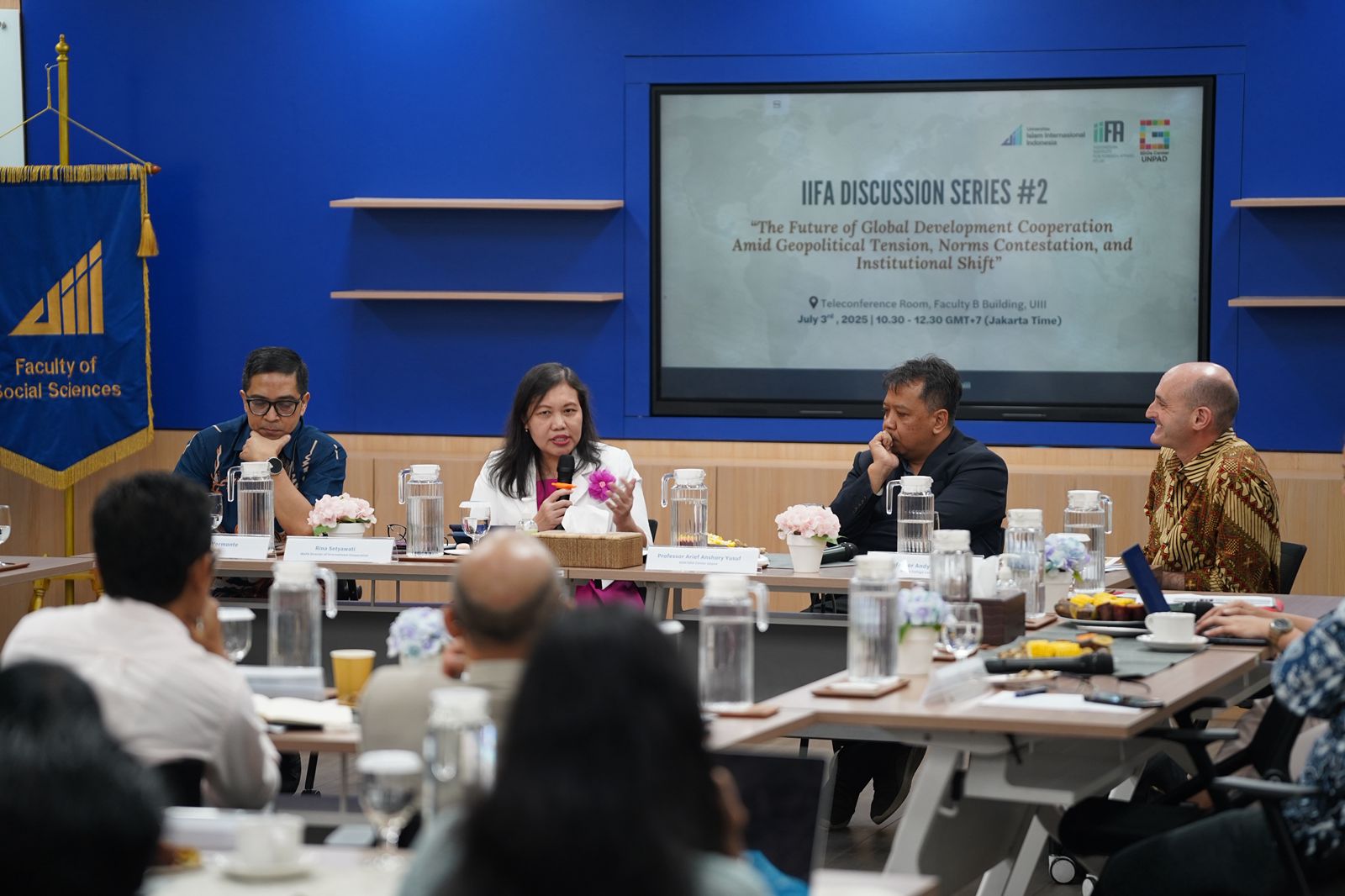
The Indonesian Institute for Foreign Affairs (IIFA) at UIII’s Faculty of Social Sciences (FOSS) convened its second high-level roundtable on July 3, 2025, to rethink global development cooperation in the face of intensifying geopolitical tension and the erosion of traditional aid systems.
The discussion brought together Prof. Andy Sumner of King’s College London, Prof. Arief Anshory Yusuf of Universitas Padjadjaran’s SDG Center, and Rina Setyawati, Director of International Cooperation at Indonesia’s Ministry of Foreign Affairs. The participants include representatives from the US Mission to ASEAN, the Australian Embassy, The Jakarta Post, CSIS, BRIN, international organizations such as the ICRC, and several leading universities in Indonesia.
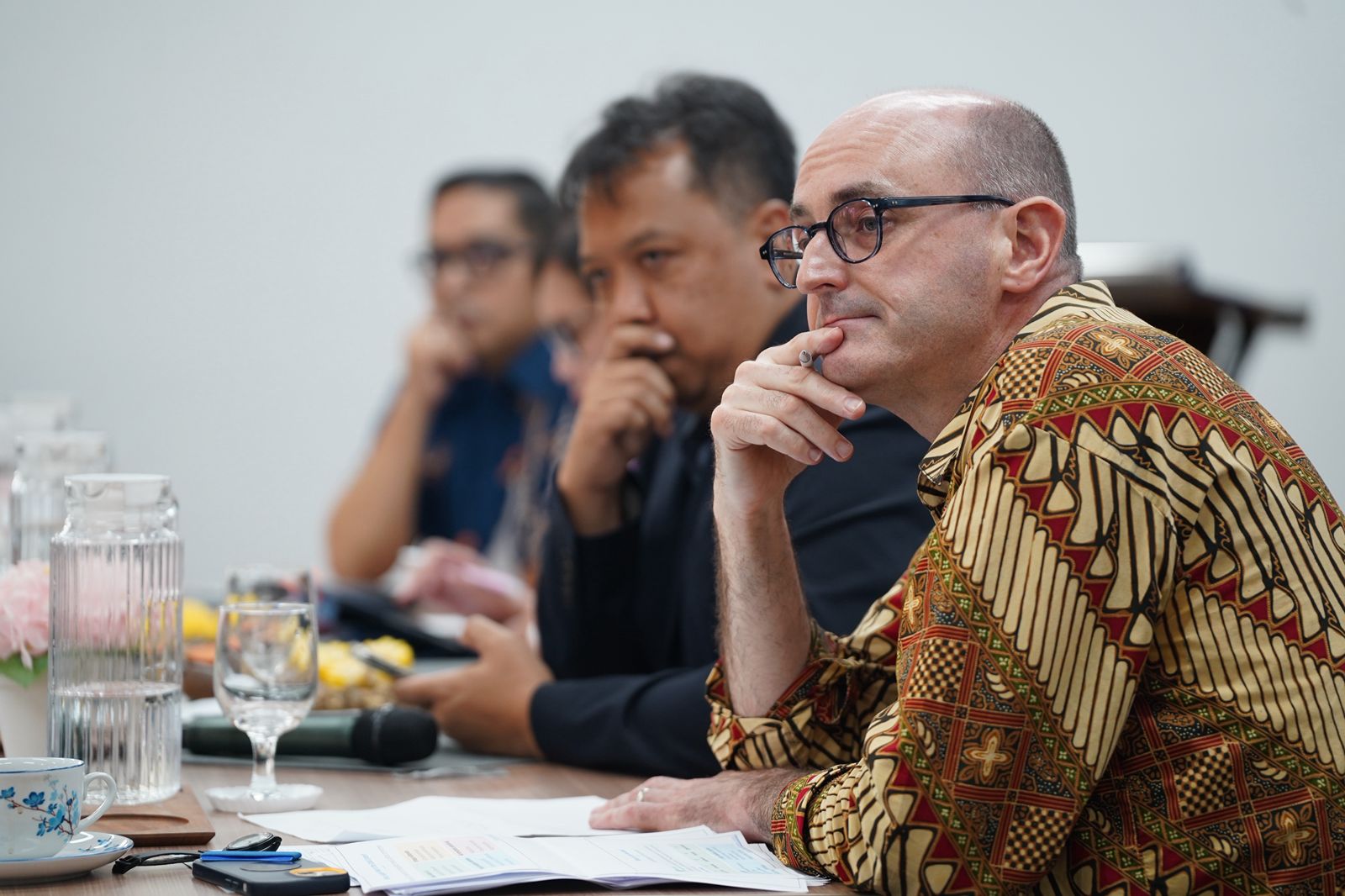
Starting the discussion, Prof. Sumner explained that the declining funding alone did not capture the scale of the crisis in the current global development cooperation. “The crisis is not just about funding,” he said. “It is about political purpose, about whether we still have the will to define new policy norms and a value-based framing of those norms. We need an institutional shift in the basis of development cooperation itself.”
He argued that Indonesia could help convene a new generation of global partnerships. “This is the time to build new coalitions of like-minded internationalism [where] countries and actors committed to shared value-based commitments. We have to focus on pragmatic objectives with demonstrable impact and reinvigorate global cooperation in an era of fragmentation.”
Prof. Sumner also called on Indonesia to consider stepping into a leadership role in this initiative, inspired by its historic contributions with South-South solidarity through the Bandung Conference. “This could be the moment for Indonesia to convene a new North-South Commission,” he said, “bringing together governments, civil society, and young people who will have to live with the climate crisis. This could be Indonesia’s place in history.”
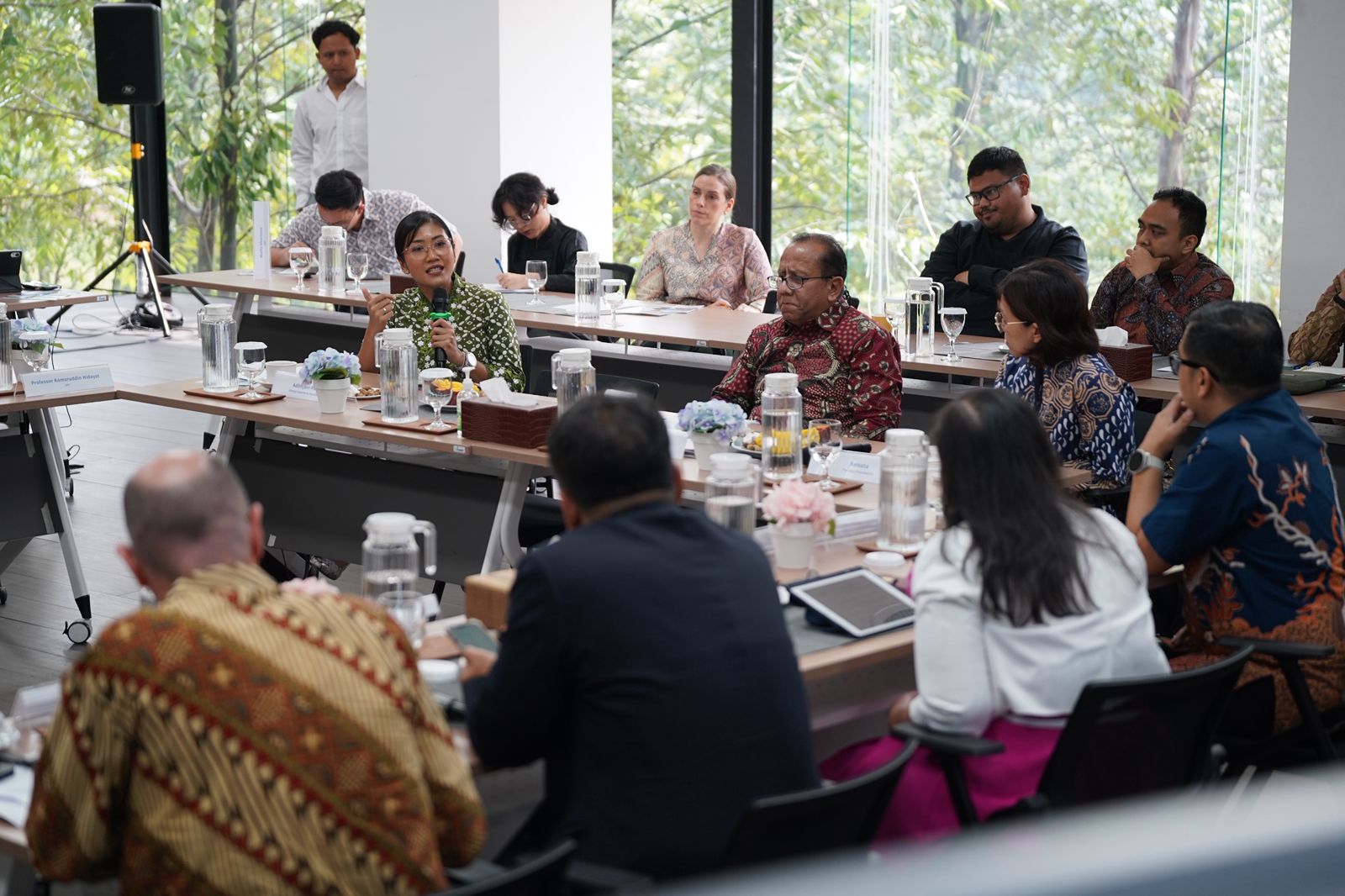
Representing Indonesia’s Ministry of Foreign Affairs at the event, Rina Setyawati, stated that Indonesia has actually had taken a concrete step by launching a Middle-Income Countries Development Partnership Network to catalyze collaboration among emerging donors.
“Last year, we established this network because we know that middle-income countries have unique perspectives, unique responsibilities, to craft new pathways that are more responsive to today’s challenges.”
She emphasized Indonesia’s proactive role in reshaping the landscape. “Indonesia is no longer simply a recipient. We are actively shaping a more equitable system of cooperation—grounded in alignment with our partners’ national development plans, shared ownership, and a spirit of mutual learning.”
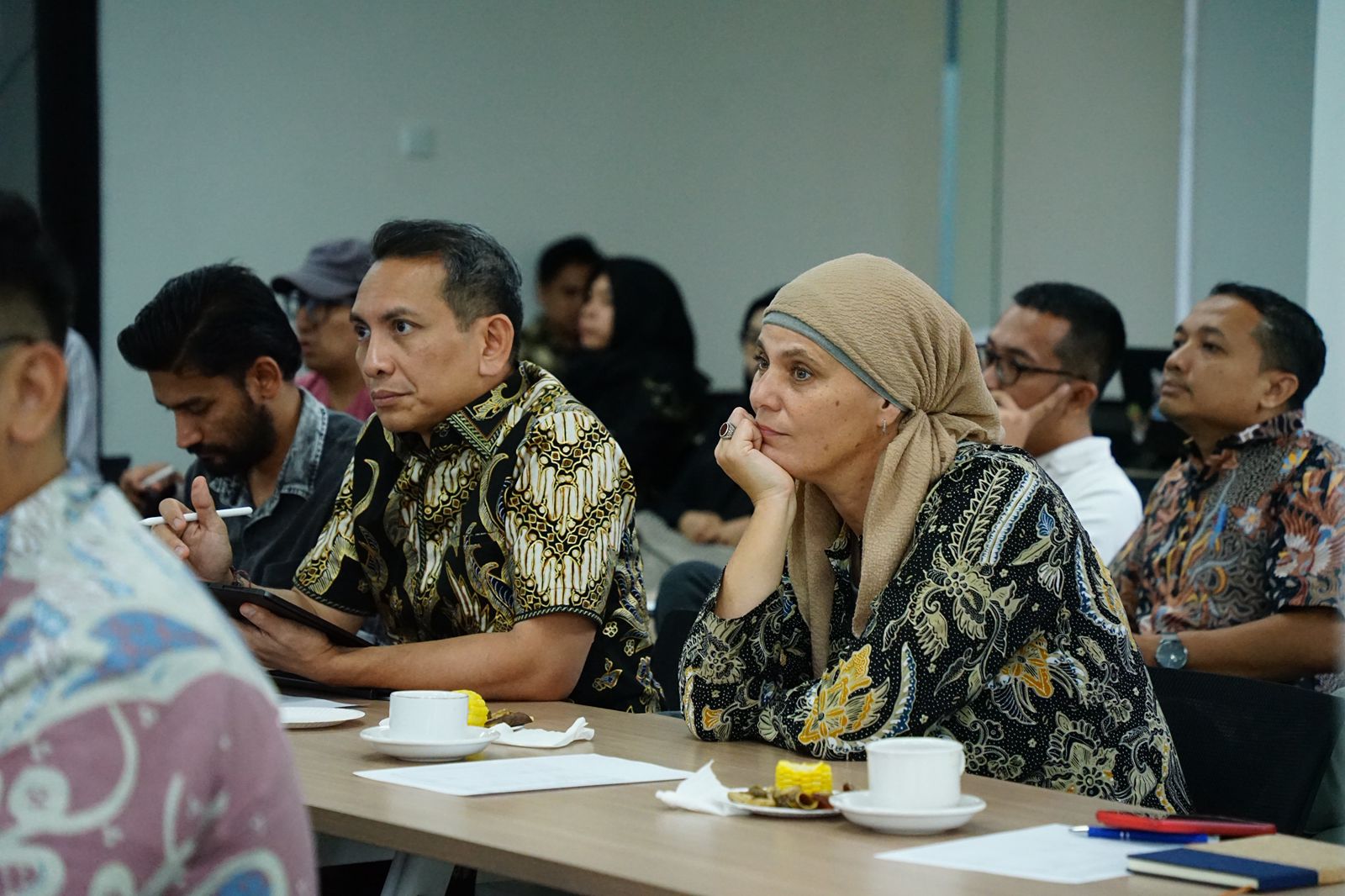
Also part of the panelists, Prof. Arief Anshory Yusuf echoed the urgency of redefining global development cooperation, highlighting “sharing knowhow” as the foundation for shared future prosperity.
“The challenges ahead will require new ways of thinking. Climate change threatens planetary stability. AI and automation are reshaping labor markets. Demographic shifts and migration strain social cohesion. Health crises and global shocks demand rapid coordination. Facing these challenges requires shared knowledge, shared institutions, and shared innovation,” he said.
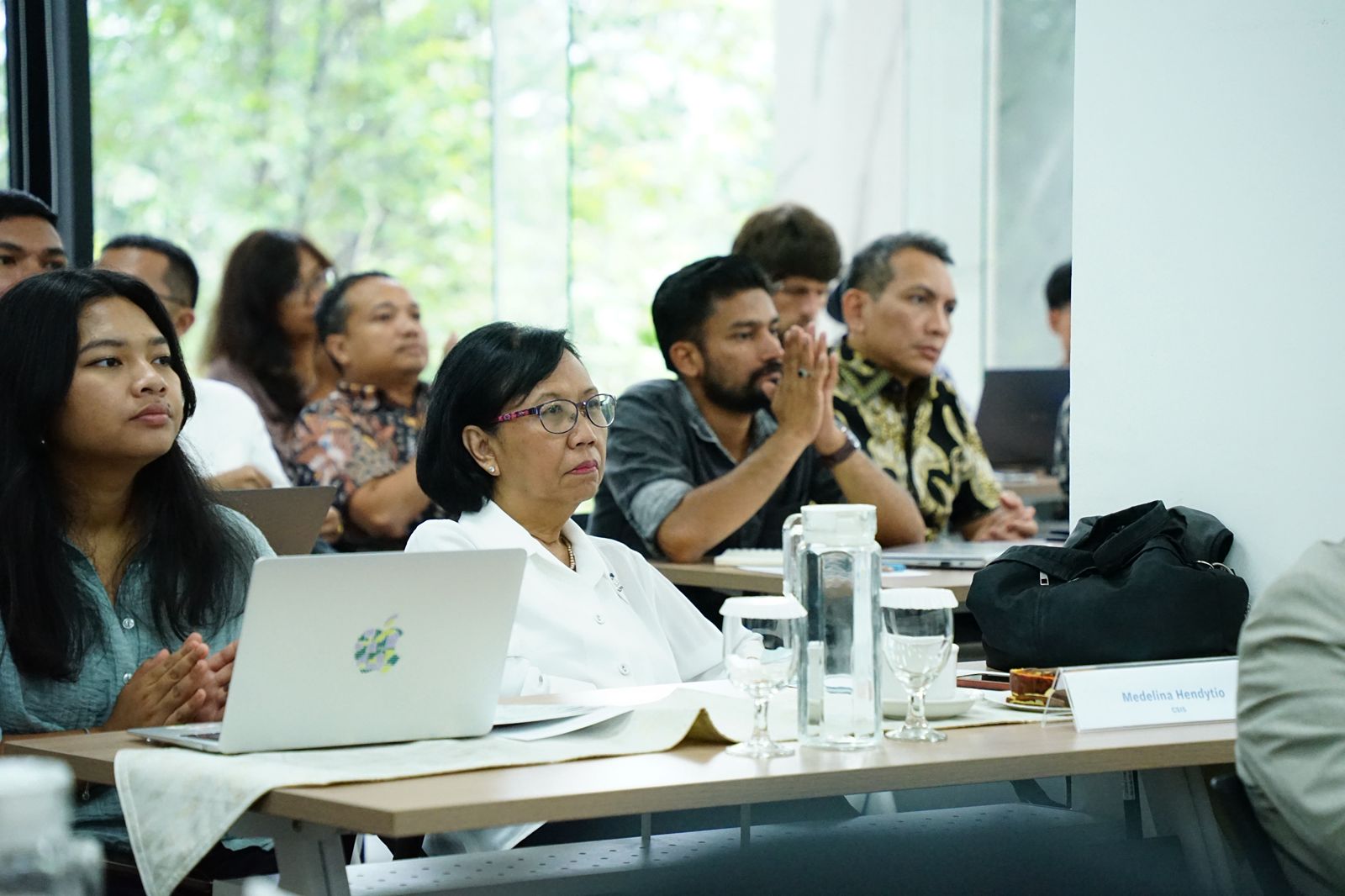
By hosting this roundtable, IIFA reinforced its role as a hub for rigorous debate and policy discussion—a platform to advance Indonesia’s contributions to international relations scholarship and policy innovation. In a moment of global uncertainty, the event affirmed Indonesia’s potential to help shape a more resilient and inclusive development architecture.
Universitas Islam Internasional Indonesia